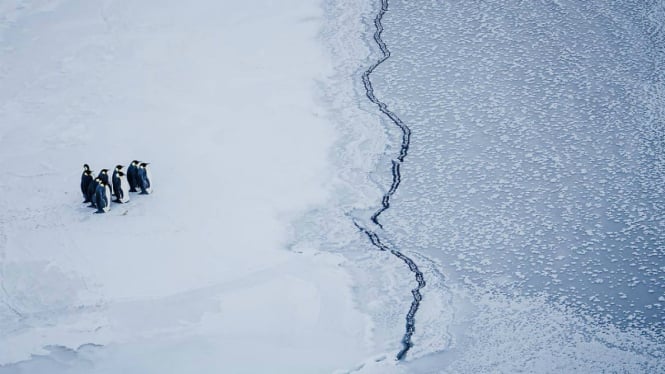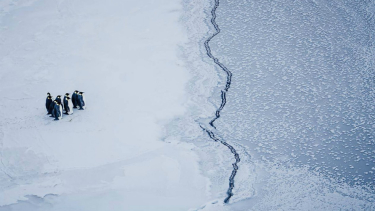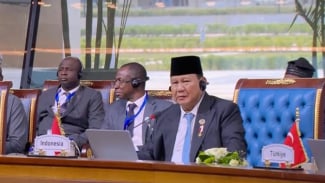Why the Earth Feels Hotter but Winter is Getting More Extreme
- Independent
VIVA – The Earth's temperature has been increasing lately due to global warming. The World Meteorological Organization (WMO) report on January 12, 2023, called 2022 the hottest year globally.
The record temperature increase in 2022 reached 1.15 degrees Celsius higher than the temperature during the pre-industrial period (1850-1900). Global warming is likely to continue for the foreseeable future.
Assumedly, the rising temperatures should make winters warmer. But in fact, winter is getting colder.
Science has the answer to why winters are getting colder, even in places where there is no snow. Here's the explanation.
Polar Vortex
Ilustrasi pemanasan global.
- U-Report
What is a polar vortex? A polar vortex is a very high speed wind that can exceed 161 km/h and is located in the high atmosphere.
Why are they called vortices? This is because they move counter-clockwise and form vortices over the poles.
Indirectly, the polar vortex affects the weather as these high-speed winds are responsible for the weather, especially at the poles or sometimes nearby.
As you know, this vortex gathers the cold of the north pole and attacks the severe winter these days. If the vortex is strong then it will only produce regular snowfall.
But if the vortex is weak then the cold temperature will come out.
Blizzards are caused by cold temperatures freezing moisture in the air and vortices affecting the weather. This is why areas where it normally only rains can suddenly be covered in snow.
Global warming is a rise in global temperature where the deepest layers of the atmosphere are heating up.
So why does it get colder in winter? Even snowless regions get snow?
This happens when warm air from the northern hemisphere rises from warmer to colder regions, the Arctic. This warm air affects the balance of the polar vortex.
The breakdown of this balance causes the temperature in the stratosphere to increase by 60-80 degrees Celsius. This is what causes the polar vortex to weaken and open up so that the cold in the Arctic spreads to other regions and the Arctic becomes less cold.
It turns out that rising temperatures are also responsible for the coldest temperatures. Global warming is breaking records for the hottest summers and coldest winters. Therefore, we need to take care of our environment to reduce global warming.



























